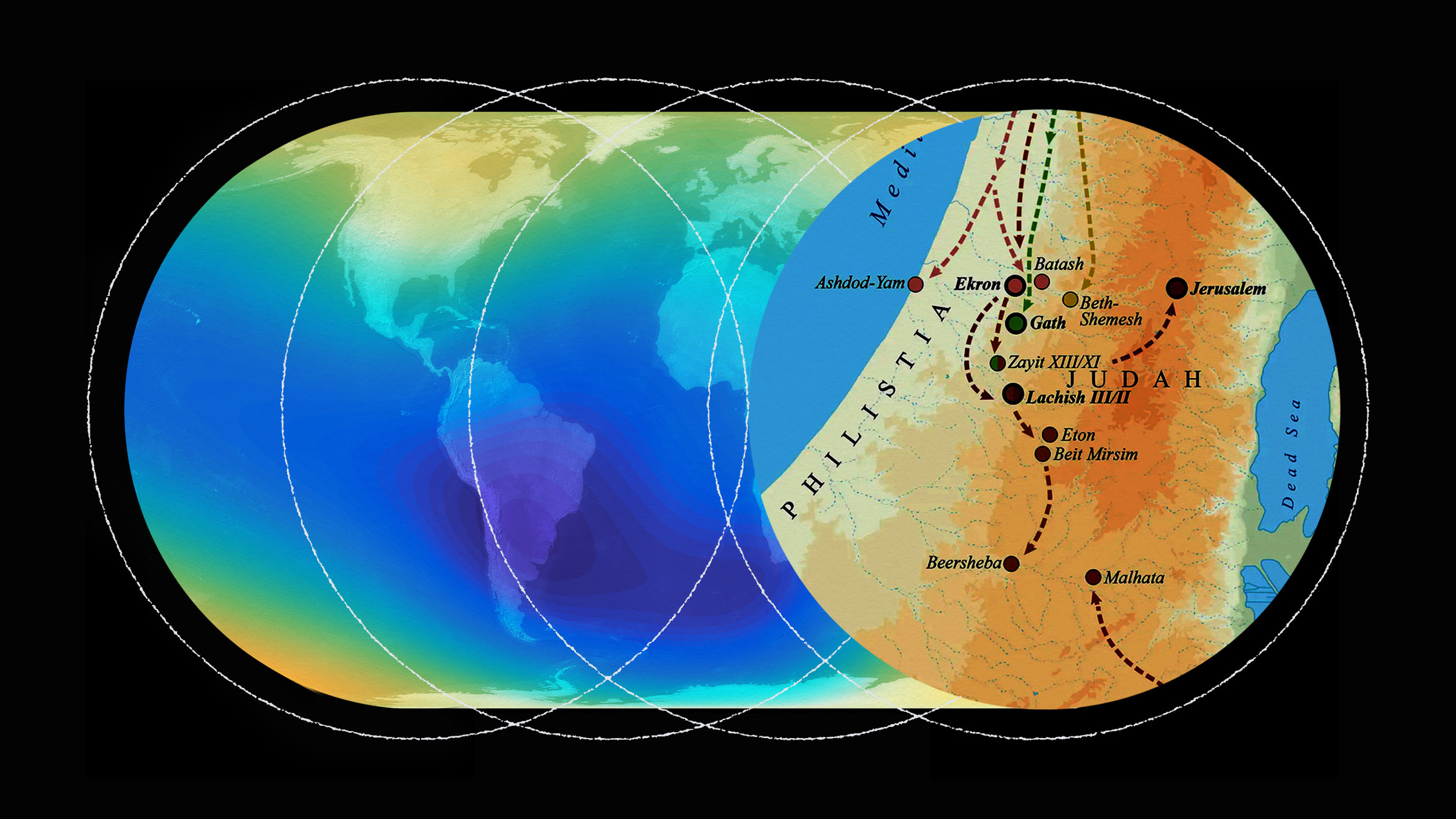Human Eye Protein Detects Earth’s Magnetism

What’s the Latest Development?
A light-sensitive protein in the human eye has been shown to act as a “compass” in a magnetic field, when it is present in flies’ eyes. The study in Nature Communications showed that without their natural “magnetoreception” protein, the flies did not respond to a magnetic field—but replacing the protein with the human version restored the ability.
What’s the Big Idea
Despite much controversy, no conclusive evidence exists that humans can sense the Earth’s magnetic field, and the find may revive interest in the idea, says the B.B.C. “Though humans, like migratory birds, are known to have cryptochrome in their eyes, the idea of human magnetoreception has remained largely unexplored since pioneering experiments by Robin Baker of the University of Manchester in the 1980s.” Dr Baker, who maintains his results proving human magnetoreception were “overwhelming”, hopes that the find re-invigorates the pursuit of a final word on the matter.





